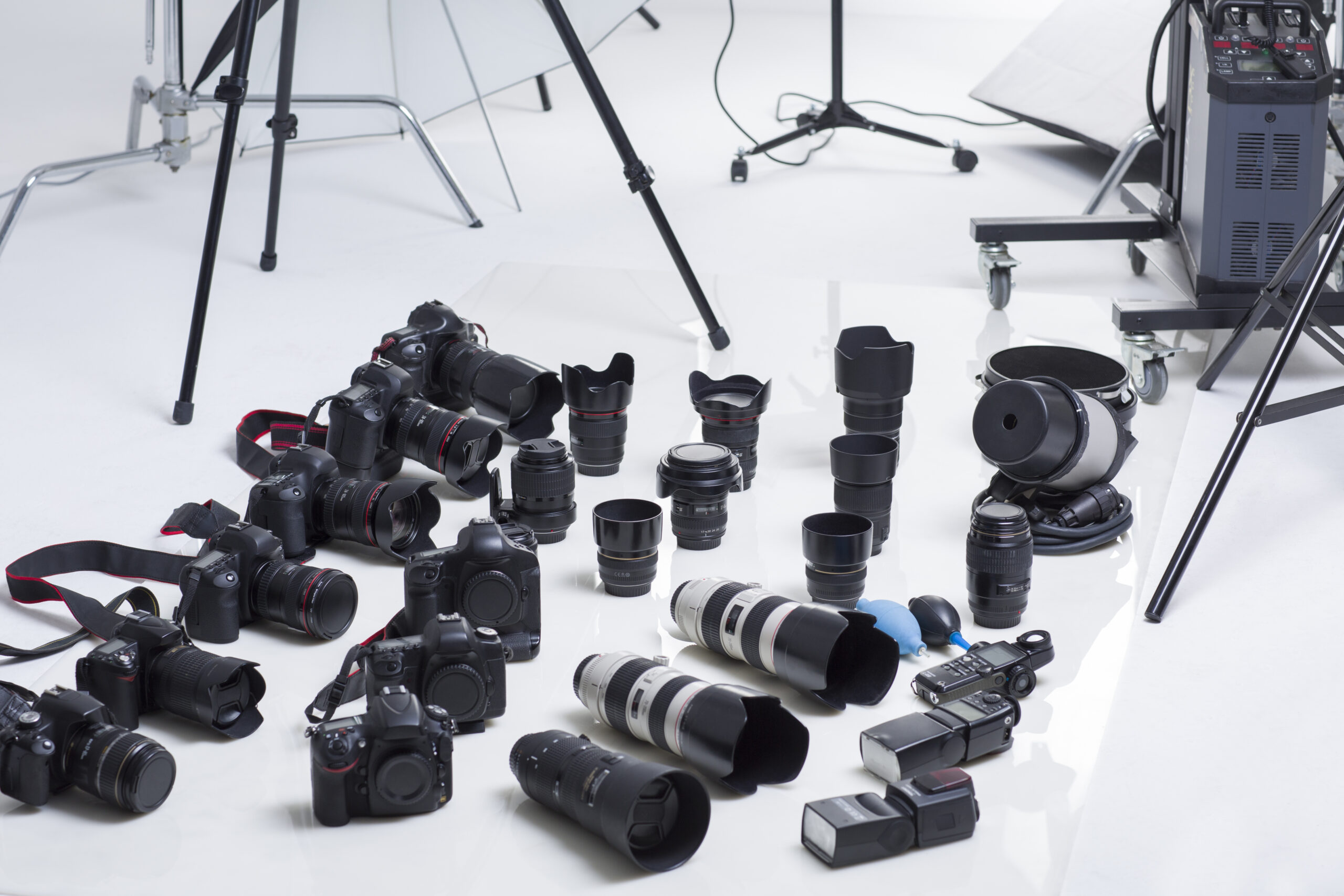Which Camera is right for you?
When buying a camera, it’s important to consider your current skill level and future growth in photography. Think about the types of photos you want to take and choose a camera that aligns with those interests. Investing in a more advanced model from the start can save you from needing an upgrade as you improve your skills.

type of cameras
During my camera research, I prioritized finding a camera that excelled in photography while also delivering quality video capabilities. Ultimately, I sought a versatile camera that could serve both purposes effectively. However, in the pursuit of a dual-purpose camera, there were certain compromises and trade-offs that had to be made.
- Cannon
- Sony
- Nikon
- Fujifilm
- Panasonic LUMIX

dslr cameras
- Digital Single-Lens Reflex cameras have a mirror for viewing through the lens.
- Cameras are larger and heavier compared to Mirrorless Cameras.
- They have a mirror mechanism for optical view finding.
mirrorless cameras
- Utilize a sensor for capturing images on an Electronic Viewfinder.
- Generally smaller, lighter, and more compact and lightweight for portability.
- Have an electronic viewfinder for image preview.
- Use smaller batteries due to their compact size. Reason is the electronic viewfinder in Mirrorless Cameras drains batteries faster.

the basic features of what to look for when buying a photography camera
- MEGAPIXELS: Some individuals pursue higher megapixels, however, a 20mp camera can provide sufficient detail for a decent size print
- LENSES: Cameras and lenses are crucial for all photographers. Prices vary depending on photography types like portrait, sports, or landscape. For sports, I chose the Sony G 70x200mm F 2.8 lens, priced similarly to my camera. Note, camera mounts differ; Canon lenses don’t fit Sony cameras. My Sony camera has an E mount. Aftermarket brands like Tamron, Sigma, Rokinon, and ZEISS offer quality, often cheaper, lenses fitting various cameras.
- IMAGE STABILIZATION: This feature reduces camera shake. It is available in in body image stabilization (IBIS) and lens image stabilization. Image stabilization is particularly helpful in low light conditions.

basic features of what to look for when buying a video camera
Currently, most digital cameras can record videos. If you anticipate recording a large amount of video content, it is recommended to research thoroughly beforehand. However, if you only plan to capture occasional special moments, any camera made in recent years will suffice.
- Recording formats
- Image Stabilization
- Frame rate (fps)
- Auto Focus
- Audio Quality
- Low Light
- Bitrate
Ultimately, finding a camera that aligns with my evolving interests will enhance my creative projects. While it may require compromises in certain areas, the benefits of improved videography features will be well worth it. This upgrade will enable me to produce higher-quality videos and explore new creative avenues.
In summary, my approach to photography and videography is grounded in continuous learning and unbiased equipment selection based on cost and features. This ensures I can adapt and grow in my craft without limitations.
For future post I will talk about:
- Video editing and the programs that are out there.
- Photography and Video Settings.
- Drones, Types and Laws surrounding flying drones

